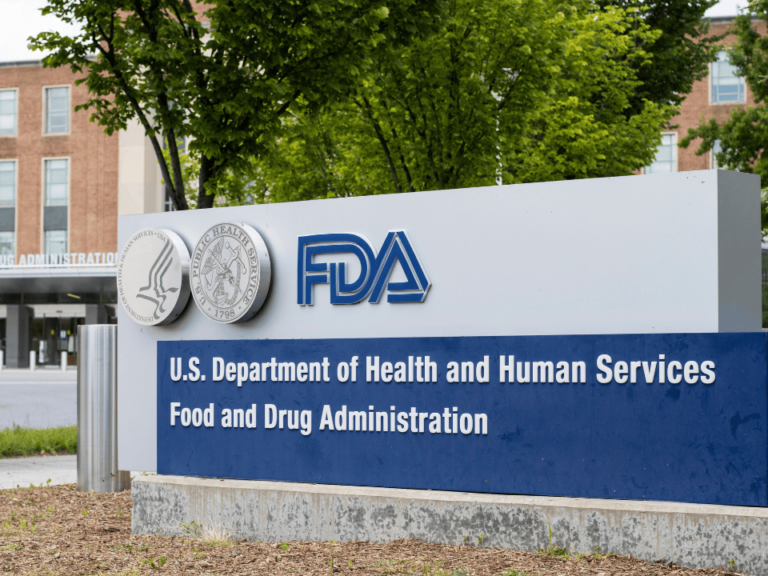In March 2010, as part of Affordable Care Act, Congress passed a well-conceived and critical legislative bill, the Biologic Pricing and Competition Innovation Act of 2009 (BPCIA)i. Despite its intentions, BPCIA has been instituted so that it complicates prescribing while increasing health care costs and reducing competition, rather than resulting in the anticipated benefits.
To access this subscriber-only content please log in or subscribe.
If your institution has a site license, log in with IP-login or register for a sponsored account.*
*Not all site licenses are enrolled in sponsored accounts.
Login Subscribe
If your institution has a site license, log in with IP-login or register for a sponsored account.*
*Not all site licenses are enrolled in sponsored accounts.
Login Subscribe









